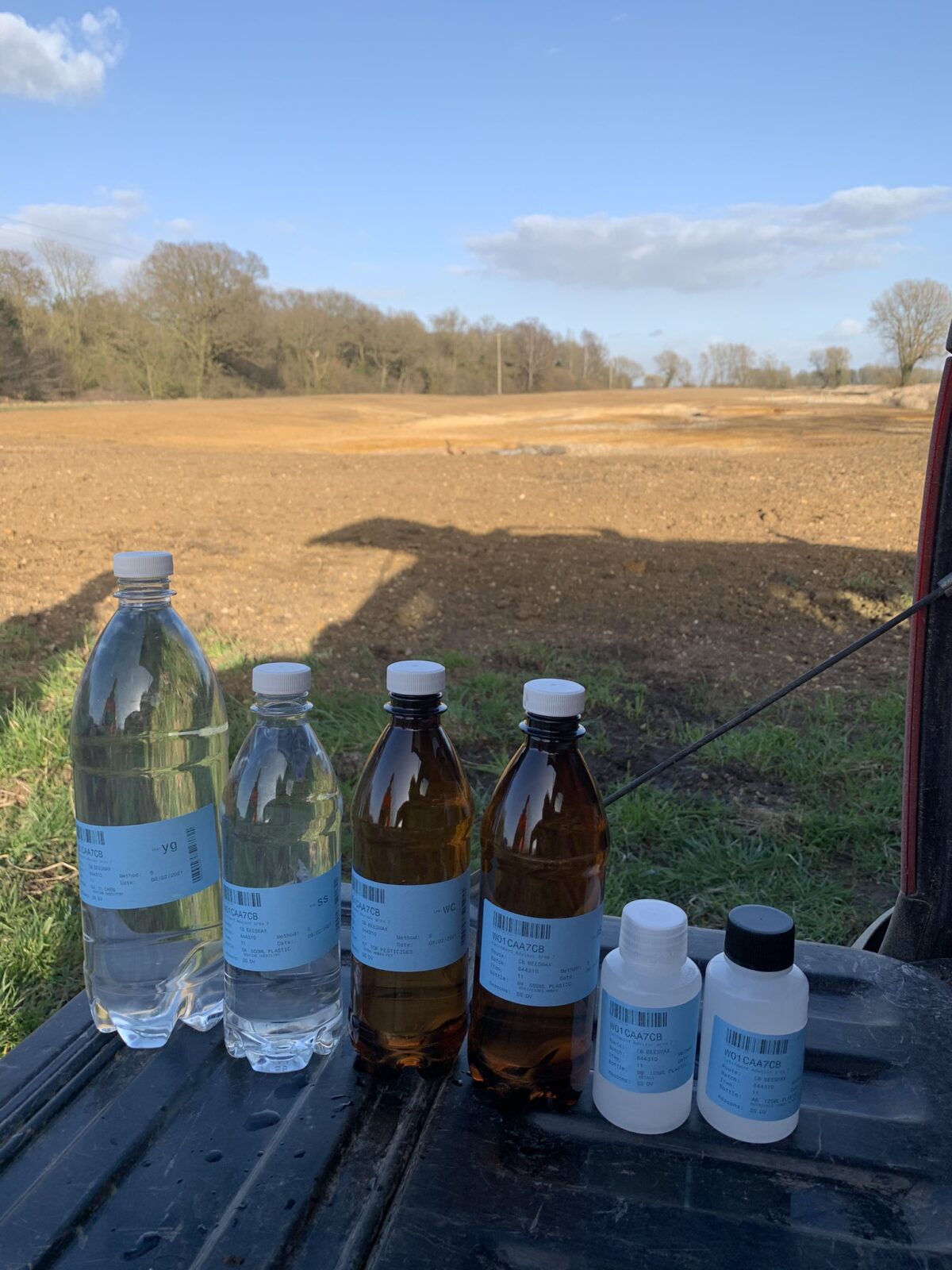Water: Dyson Farming’s Approach To Protecting This Critical Natural Resource
Water: Dyson Farming's Approach To Protecting This Critical Resource
The importance of water
“Thousands have lived without love, not one without water”. As WH Auden wrote, water is critical to life.
Here at Dyson Farming, water is an important part of our natural resources. It sits alongside soil, air, and biodiversity on the farms, all of which contribute to our natural capital account, produced annually, to ensure that how we farm protects and enhances our farming environment.
The quality and availability of water that flows through our farms affect our ability to grow crops, raise livestock and nurture other plants and wildlife. It also impacts the quality of drinking water that eventually flows through the taps into households. How we monitor and manage water is therefore essential.
Managing and monitoring water quality
At the heart of our approach is analysing water quality before it enters and as it leaves via the watercourses that flow between our fields. This gives us a better understanding of the impact farming practices have on water quality and on the surrounding environment.
We base our farming practices on Integrated Farm Management. This combines modern technology and traditional methods to increase farm production whilst protecting vital resources such as water. For example, ‘precision farming’ technology means we can apply plant protection products to specific plants as opposed to whole fields, dramatically reducing usage. Similarly, water courses are surrounded by uncropped ‘buffer-strips’ of land and other field margins which protect water courses and provide a continuous corridor of habitat and forage for wildlife.
Recently, water analysis was undertaken on six watercourses across the Lincolnshire Estate at Nocton Fen, Dunston Beck, Cranwell, Stubton, Carrington and Edlington. We worked with Anglian Water to agree a suite of indicators, which they typically use at their water treatment works to measure water quality. Nitrate, phosphate, biological oxygen demand, suspended solids and plant protection products were assessed at the Anglian Water laboratories. Overall, we are pleased to report that the results showed that water quality across the estate is good.
Example of water sampling at Carrington:
Example of water samples collected and stored, ready for analysis.
As Dr Tom Storr, Dyson Farming’s Research Agronomist explains:
“The water leaving the fields contained nitrate levels below the drinking water limit and phosphate was either in the good or high standard category. Water was clear and had a low biological oxygen demand too.”
“We plan to continue our partnership with Anglian Water, measuring the water quality on an annual basis during the winter period when the drainage from the fields is high. By monitoring our water resources, we can be confident that everything is being done to protect and enhance the water quality on our farms, which will benefit the environment, wildlife and the produce we grow for our customers.”

The Estate Office,
Cyclone Way, Nocton,
Lincoln LN4 2GR
